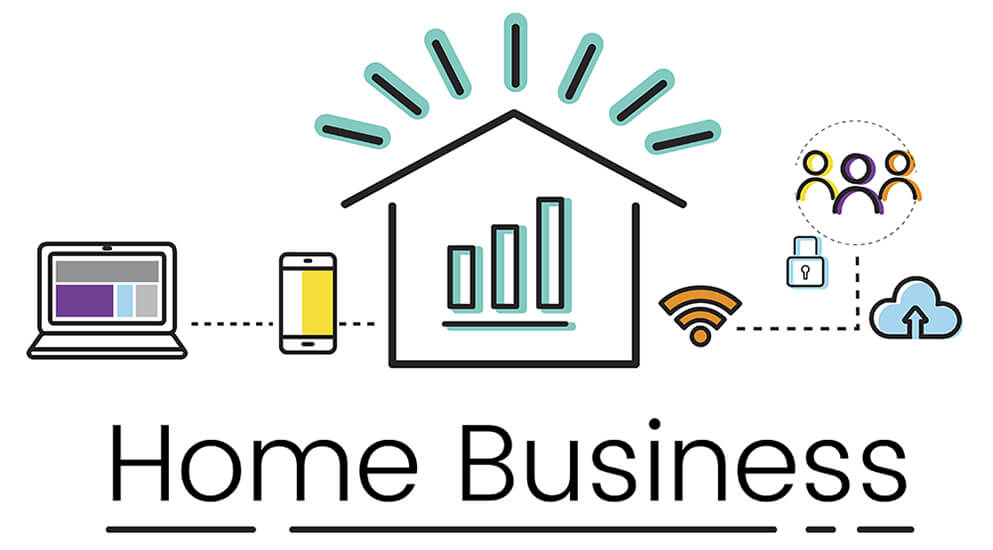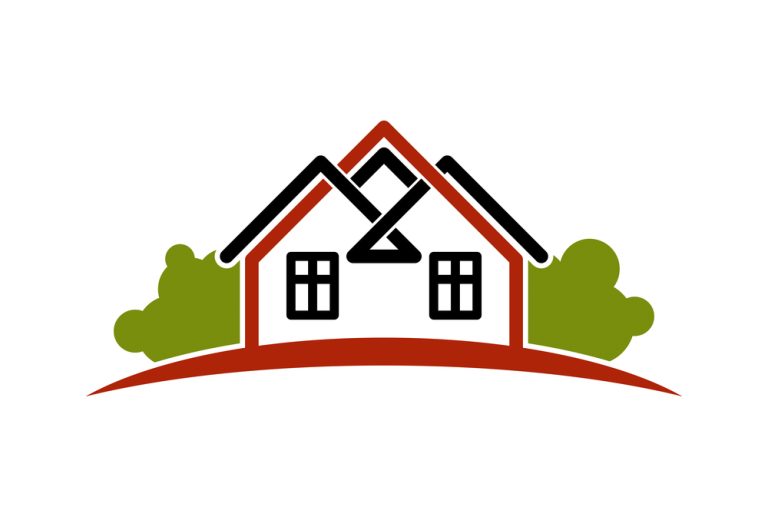Legal Restrictions on Running Your Business from Home: A Comprehensive Guide

Running a business from home has become increasingly popular, offering convenience, cost savings, and flexibility. However, businesses operating from residential locations are subject to specific legal restrictions to protect residential neighborhoods, maintain safety standards, and comply with zoning laws. Below is an overview of the common legal considerations and restrictions that home-based business owners should be aware of.
1. Understanding Zoning Laws
Zoning laws are the backbone of legal restrictions for home-based businesses. Municipal and county governments designate areas for specific types of use (e.g., residential, commercial, industrial), and many have detailed requirements for home-based businesses.
- Residential Zoning Limitations: Most residential zones do not permit large-scale commercial operations. Home-based businesses are generally limited to low-impact activities, meaning businesses should not significantly alter the character or tranquility of the neighborhood.
- Variances and Special Permits: Some zoning codes offer variances or special-use permits for home-based businesses. This can be an option if your business might impact the residential character of your neighborhood but is still within reasonable limits.
Check your local zoning office or municipality’s website to see if home businesses are allowed in your zoning district and, if so, what specific rules apply.
2. Home Occupation Permits
Most municipalities require a home occupation permit (HOP) or similar certification for home businesses, which is intended to ensure that the business complies with residential zoning laws.
- Application Process: The application typically involves a small fee and basic information about the nature of your business.
- Operating Conditions: A HOP may stipulate conditions, such as restrictions on noise, hours of operation, and traffic levels, to maintain neighborhood harmony.
Failure to obtain a home occupation permit may result in fines or the requirement to cease operations, so securing one should be a priority.
3. Tax Implications and Deductions
Running a business from home has tax benefits, including potential deductions. However, misuse or misunderstanding of these deductions can result in legal trouble.
- Home Office Deduction: In the U.S., you can claim a portion of your home expenses (e.g., mortgage, rent, utilities) as a business expense, but the IRS requires the home office space to be used exclusively and regularly for business.
- Documentation: Properly document all expenses and deductions related to your business space. The IRS may request proof of your business activities and expenses, so thorough records are essential to avoid audits or penalties.
Consult with a tax professional to ensure compliance with tax laws related to home businesses, as regulations and allowable deductions vary widely.
4. Licensing and Registration
Many types of businesses require specific licenses or permits, regardless of their location. Even if you’re running a business from home, licensing and registration requirements still apply.
- Business Licenses: General business licenses are usually issued by your city or county. These licenses authorize you to legally operate your business and may be renewable annually.
- Industry-Specific Licenses: Certain businesses (e.g., food-related businesses, childcare, cosmetology) may require additional licenses, inspections, and permits.
- State Business Registration: For LLCs, corporations, and partnerships, a formal registration with the state is required, even for home-based businesses. Registering may also entail appointing a registered agent, particularly if operating in multiple states.
5. Homeowners’ Association (HOA) Rules
If you live in a community with a homeowners’ association (HOA), you may face additional restrictions on running a business from your home.
- HOA Bylaws: Many HOAs have strict rules regarding the types of businesses that can operate within the community, often limiting any business that involves client traffic, signage, or potential noise disturbances.
- Obtaining Approval: Some HOAs may allow home-based businesses if you apply for a variance or special permission. However, rules vary, and HOA restrictions are legally enforceable if they are part of your deed or community rules.
Non-compliance with HOA rules can result in fines, legal action, or the requirement to cease business activities.
6. Health and Safety Codes
Depending on the nature of your business, health and safety codes can apply even if you’re working from home. For example:
- Food-Related Businesses: Running a catering, baking, or food production business from home requires compliance with health department standards, even if your production scale is small. This often means having an inspected and licensed kitchen space.
- Beauty and Wellness Services: Businesses such as hair salons, massage therapy, or esthetic services may require compliance with sanitation and safety regulations.
- Childcare: Home-based childcare services must comply with child safety codes and inspection requirements. This often includes specific requirements for child-proofing, sanitary conditions, and staff-to-child ratios.
If your home business falls within any of these categories, consult your local health department for specific regulations.
7. Insurance and Liability
Homeowners’ insurance typically does not cover business activities, so if an incident occurs (e.g., a client injures themselves on your property), you may be personally liable unless you have adequate business insurance.
- Business Insurance: Consider purchasing a separate business policy that covers liability and property damage related to your business.
- Professional Liability Insurance: If your business provides advice or services (e.g., consulting, therapy), professional liability insurance may protect you from claims related to negligence or errors.
In some cases, your insurance provider may require proof of compliance with zoning, licensing, and safety regulations to extend coverage for a home business.
8. Environmental Regulations
Certain home-based businesses, particularly those involving manufacturing or the use of chemicals (e.g., cleaning products, artwork involving solvents), may be subject to environmental regulations.
- Waste Disposal: Regulations may restrict the disposal of certain types of waste, and you may need a permit to dispose of commercial waste from a residential location.
- Air Quality and Noise Restrictions: Some municipalities have specific regulations regarding emissions or noise from residential properties. If your business has any impact on air quality or noise levels, check local environmental regulations.
Non-compliance can lead to fines and operational restrictions, so it’s essential to understand how these regulations may apply.
9. Employment Laws for Home-Based Businesses
If you plan to hire employees, even on a part-time basis, employment laws still apply to home-based businesses.
- Minimum Wage and Overtime: Federal and state labor laws mandate minimum wage, overtime pay, and other protections, which apply regardless of your business location.
- Workplace Safety: While your home might not resemble a traditional workplace, Occupational Safety and Health Administration (OSHA) standards can still apply if employees work from your home.
- Home Occupation Employment Limits: Many jurisdictions limit the number of employees a home-based business can have, often restricting employment to residents of the home or a small number of non-resident employees.
10. Traffic, Parking, and Signage Restrictions
Most municipalities restrict the impact of home businesses on neighborhood traffic, parking, and visual aesthetics.
- Client Traffic: If your business attracts clients or customers (e.g., a home-based bakery or personal training studio), local laws may limit the number of clients who can visit at any given time.
- Parking Requirements: Some jurisdictions require that you provide off-street parking for clients or employees, which can be challenging for residential properties.
- Signage Restrictions: To preserve residential appearances, signage is often restricted in residential zones. Many localities prohibit commercial signage altogether for home-based businesses, while others may allow a small, unobtrusive sign.
Failure to adhere to traffic, parking, and signage restrictions can lead to fines and potential operational limitations.
Running a business from home is highly feasible, but it requires careful navigation of various legal and regulatory frameworks to ensure compliance. Zoning laws, permits, HOA rules, health and safety codes, tax laws, and employment regulations can all impact how you operate. Conducting thorough research, consulting local authorities, and seeking legal or professional advice will help you avoid fines, interruptions, and other challenges as you establish and grow your home-based business.
Disclaimer
This article is intended solely to convey informational content and should not be construed as providing legal counsel. The views and expressions within this article are those of the author and have not been verified for accuracy or alterations in legislation by PhysicalAddress.com.



